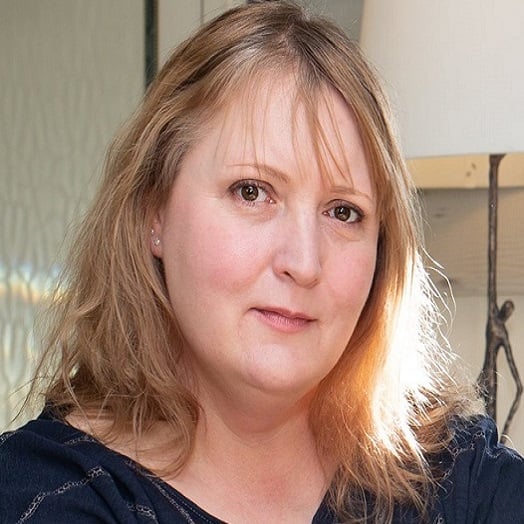MS Fatigue: Not an Excuse to Sleep, But a Reason To

Around 80% of people with MS list fatigue as one of their symptoms.
‘Fatigue’ seems such a dry, old-fashioned word, barely even beginning to describe the soul-crushing exhaustion that MS brings.
I mean, we’re all tired, aren’t we? If you’re a parent, you’ve probably competed in the School-Gates ‘Who’s the most tired?’ Competition. Or with a partner, working out with a calculator how much sleep you’ve both had when babies come along.
As a person climbing the career ladder, you might have put in silly hours, leaving little time between the obligatory drink (or two) after work and the vitamin pills with coffee in the morning.
We’re forever told exhaustion is a modern-day epidemic. But this? This. Is. Different.
Fighting the fatigue
I’ve always been a pretty active person (just not in the gym, unfortunately), and I always pulled on adrenalin reserves. I was always the first to turn up and the last to leave.
MS changed all that for me. The best way I can describe the tiredness I experience, is not the brick wall analogy that many other people with MS talk about. Sure, I hit that wall a few times, but mostly it feels like a huge, invisible hand pushing me down, crushing the very life out of me.
Not only that, it draws out all my strength, my brain-power, my muscles. I feel like a once-animated puppet suddenly being dropped to the floor and stamped upon. I have to sleep, and that was it. No ifs, no buts.
For someone like me, this was extremely hard to get my head around. I objected, and strongly. Coping with a myriad of other symptoms plus the usual stresses of daily life, this MS-imposed sleep felt like an imposition. How dare MS? When I needed to be fully engaged, I was rendered useless, prone on the sofa sleeping my life away. Or so it seemed.
And it didn’t just impact me. As a single parent, my son was left without his normally active parent, ferrying him between judo, rugby, computer club and other kids’ houses for tea. I was rendered useless. Endless favours were called in, other parents took over my obligations and I wept.
Tiredness is not a badge of honour
In amongst this, I realised that I wasn’t taking fatigue (or Neurological Clinical Fatigue, to give it its proper name), seriously. All my other symptoms I slowly accepted into my life – the foot-drop, the balance issues, the weak hands, arms, muscle cramps. But fatigue I fought against, as we’re trained to do by society. Strangely, it’s almost as if being ‘tired’ is a sign of weakness as well as being a badge of honour.
So I started to give this exhaustion its due respect. It was a real-life, proper symptom, not a weakness or a failing. I attended an MS Fatigue Workshop run by my wonderful specialist nurses, where I met others in the same situation. We swapped stories, hints and tips and the support I found there was incredible.
I began to build in ‘sleep time’. It wasn’t easy and I still kicked back against it, just stopping short of propping matchsticks in my eyelids, but slowly I came to deal with it, head on. If I have to sleep, I sleep. I’ve been known to go to a family gathering and shuffle off to the guest room for a nap. My friends know that I might have to pull out of lunch or a catch-up at short notice. Even my boss who’s also, luckily, my best friend, factors it in. I can get quite comfy in the works van and nod off for half an hour or so.
The most difficult thing though is explaining to other people that fatigue isn’t funny. It’s not an easy symptom and it’s not an excuse. At times it can be terrifying – the feeling that you just have to sleep otherwise you might simply collapse on the spot.
For me, the fatigue ebbs and flows. During relapses it’s particularly horrendous, yet at other times I can cope well and get through the day with no major dramas. I’ve had to factor in that I’m best early in the morning and very low-key after 2pm and I’ve adjusted my life accordingly.
Today I know MS is not an excuse to sleep, it’s a reason to.












